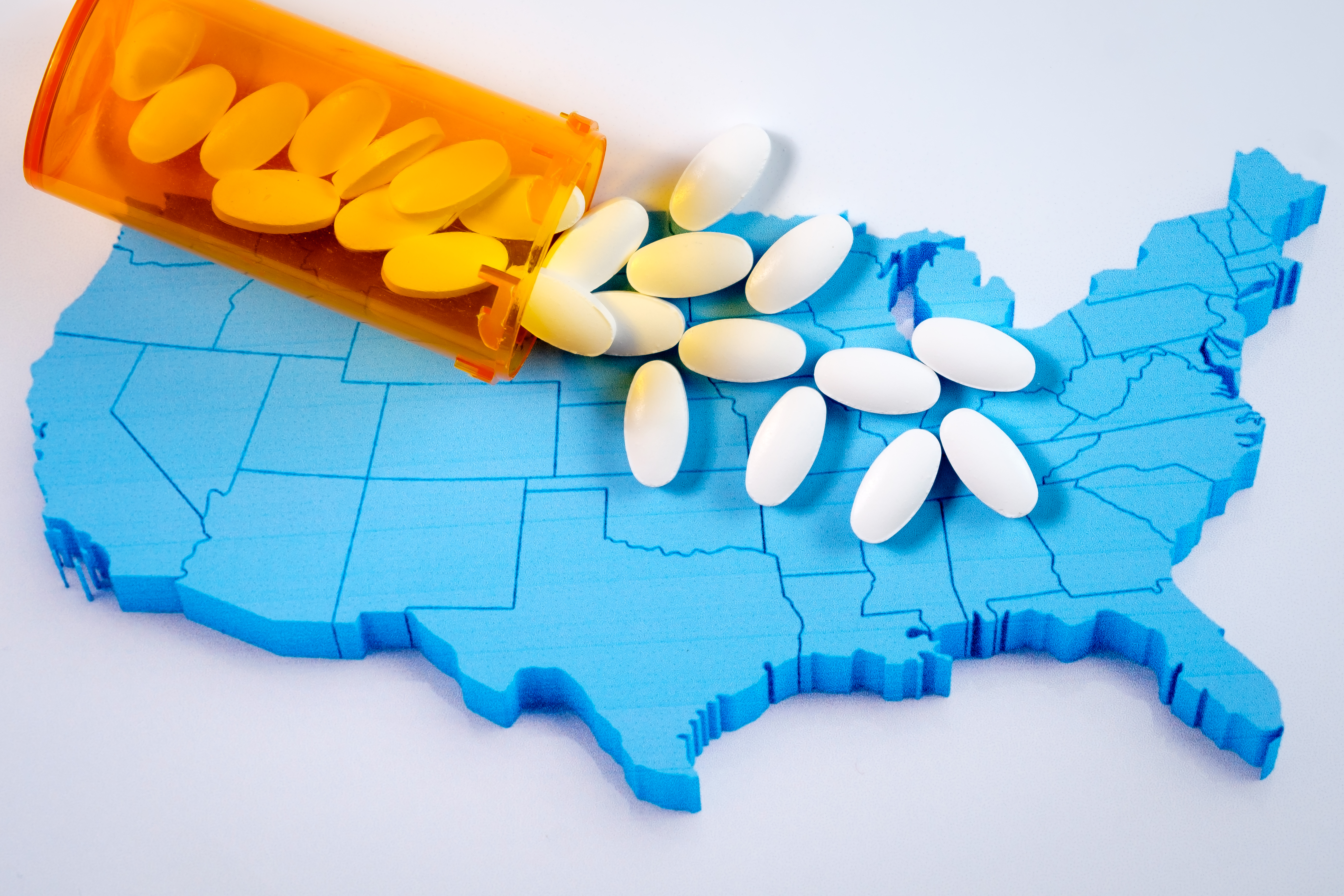Alexandra Lahav, the Ellen Ash Peters Professor of Law at the UConn School of Law, is a nationally recognized expert on the civil justice system and tort law. She teaches civil procedure, torts, complex litigation, and professional responsibility.
In August, she was featured in a story by Bloomberg News about grants and gifts from drug companies to communities and organizations that had sued them over the opioid epidemic.
Lahav shared and expanded some of her thoughts on this topic in a recent conversation with UConn Today.
Q. What do you think is the purpose of these payments that companies are giving to communities and organizations that have sued them?
A. A company’s charitable contributions, even to municipalities that have sued a company, are not settlements of the legal claim. But such payments may serve a legal purpose. It is possible that these payments might mitigate some of the damages that the company may ultimately be liable for, if it is found liable by the court. Such payments may also promote goodwill with the court, and counteract the narrative that the drug companies recklessly or negligently promoted opioid prescriptions because they didn’t care about patients.
Q. In the litigation world, can these payments sometimes be seen as bribery, and backfire on these companies?
A. A court would not view such payments as bribery because they are not bribery. It is possible that as a public relations matter, communities may react to these donations with suspicion that the drug company is trying to buy themselves out of trouble and not face the full consequences of their actions, but I think this is unlikely.
Q. In the long run, isn’t it good that money is getting out to help solve the problem, no matter what the intention might be?
A. The opioid crisis is so significant and pervasive that the types of donations reported in the media – a $35,000 grant to a non-profit in Ohio, a $50,000 grant to hospitals in Idaho – are tiny compared with the exposure these companies face in litigation and with the overall costs of the opioid epidemic to governments. Every little bit helps, but a global, and likely very costly, solution is what is necessary to ameliorate the crisis.
Q. Should communities simply turn down these funds to help them in their court cases?
A. To the extent funds are being offered to non-profits, it is up to each non-profit entity to decide whether to accept funds. However, it does not seem that there is much of a downside to accepting such donations. They have no legal consequence, and may do a bit of good. Nobody should be under any illusion, however, that these donations will resolve the crisis. What is needed is concerted action by federal, state, and local governments working alongside the private sector: drug manufacturers, doctors, clinics, and not-for-profit entities.
Q. Is there anything more that the legal community can do to help the opioid crisis that we face today?
A. Right now, the most high-profile work that lawyers are doing is bringing lawsuits against the drug manufacturers and doctors. These lawyers include states’ attorneys general and lawyers representing municipalities, for example. This litigation may result in funding for communities to help combat the epidemic. In addition, it’s likely that information will be revealed in the course of the opioid litigation that will help policy makers understand how we got to where we are, how we can stop the problem from getting worse, and what regulations are needed in the future to prevent this from happening again.
Litigation is not the only way lawyers will be involved in helping ameliorate this crisis. For example, lawyers write and assist in the enforcement of regulations, participate in creating and supporting non-profits that help individuals by providing addiction and other services, and provide direct services to addicted persons to help them if they are involved with the court system.



